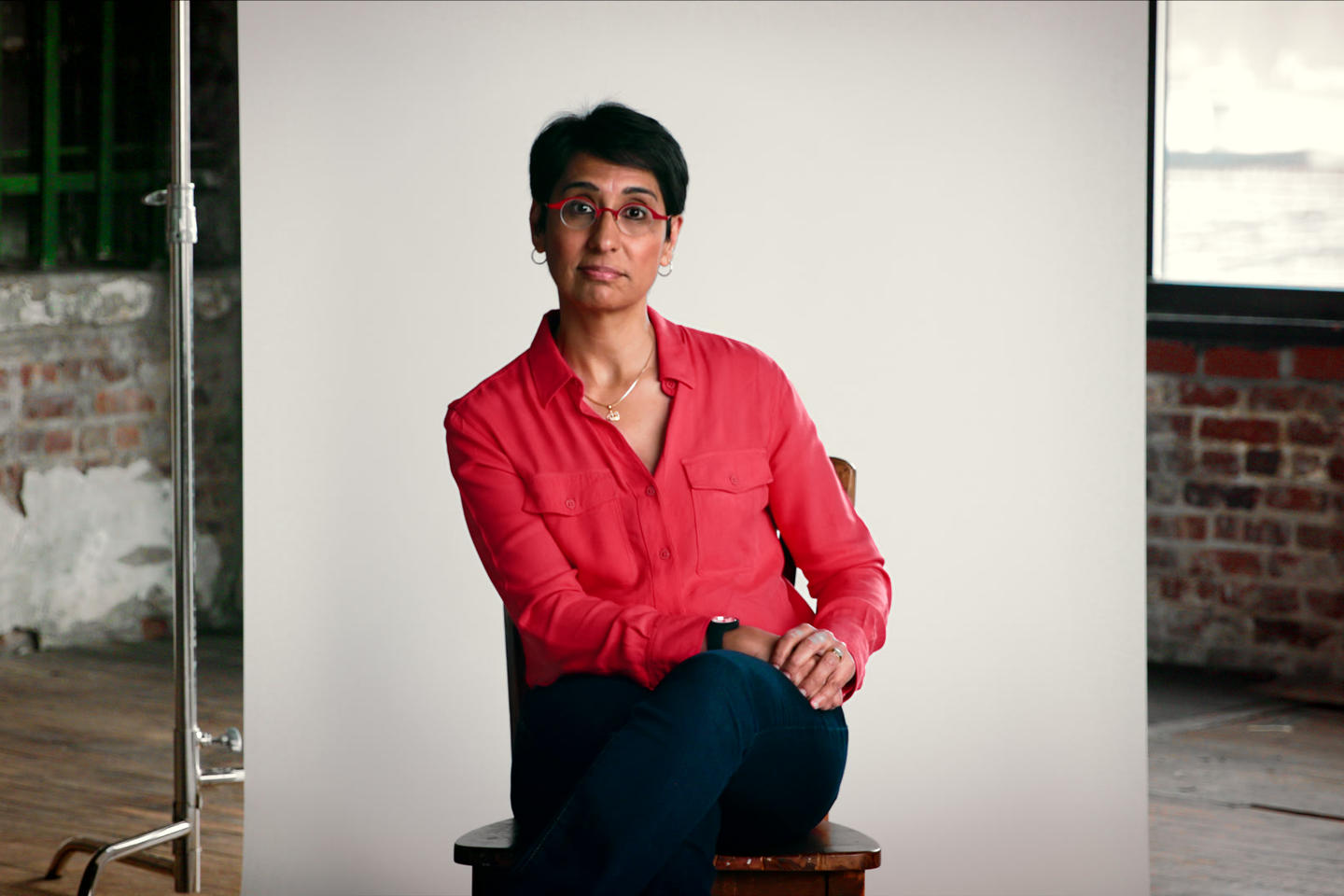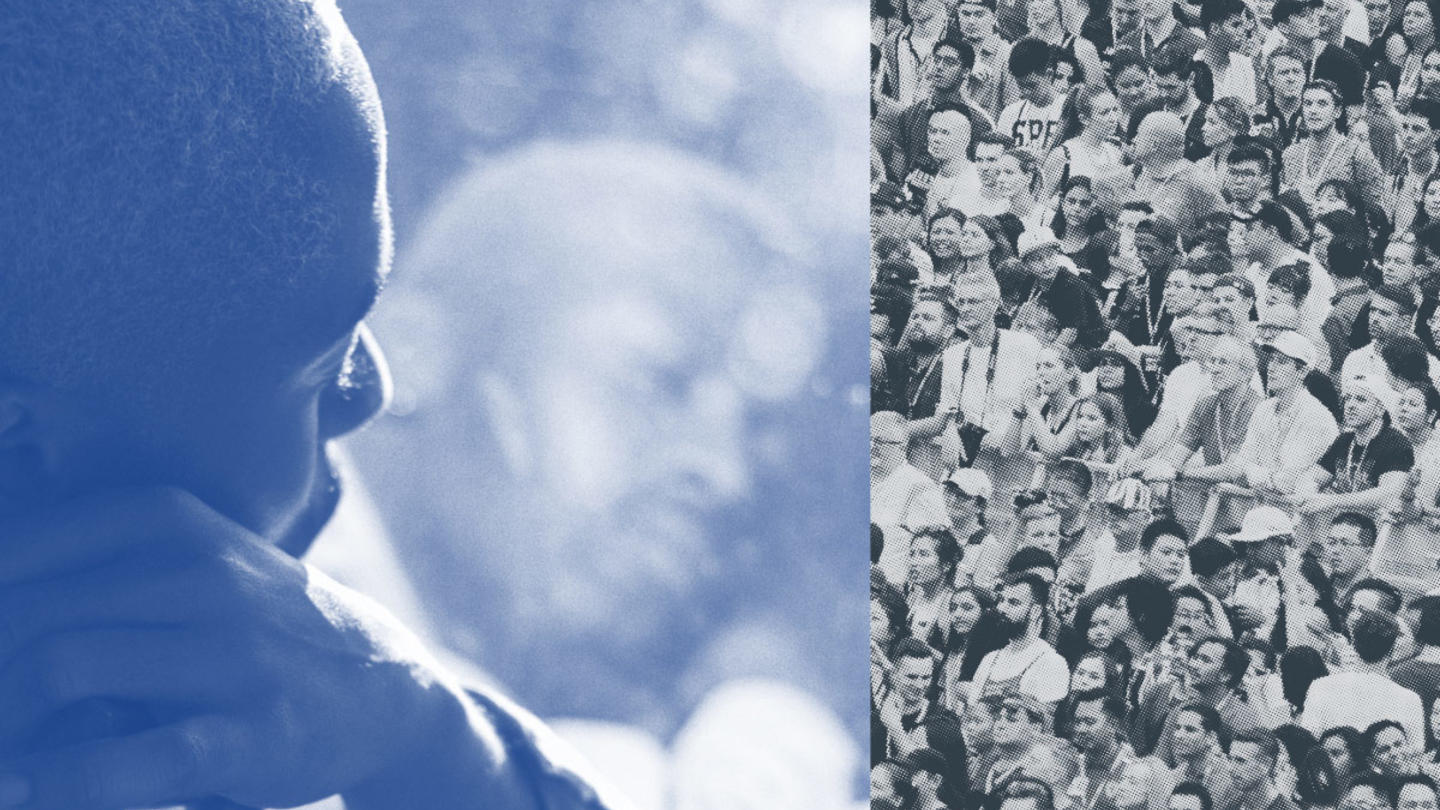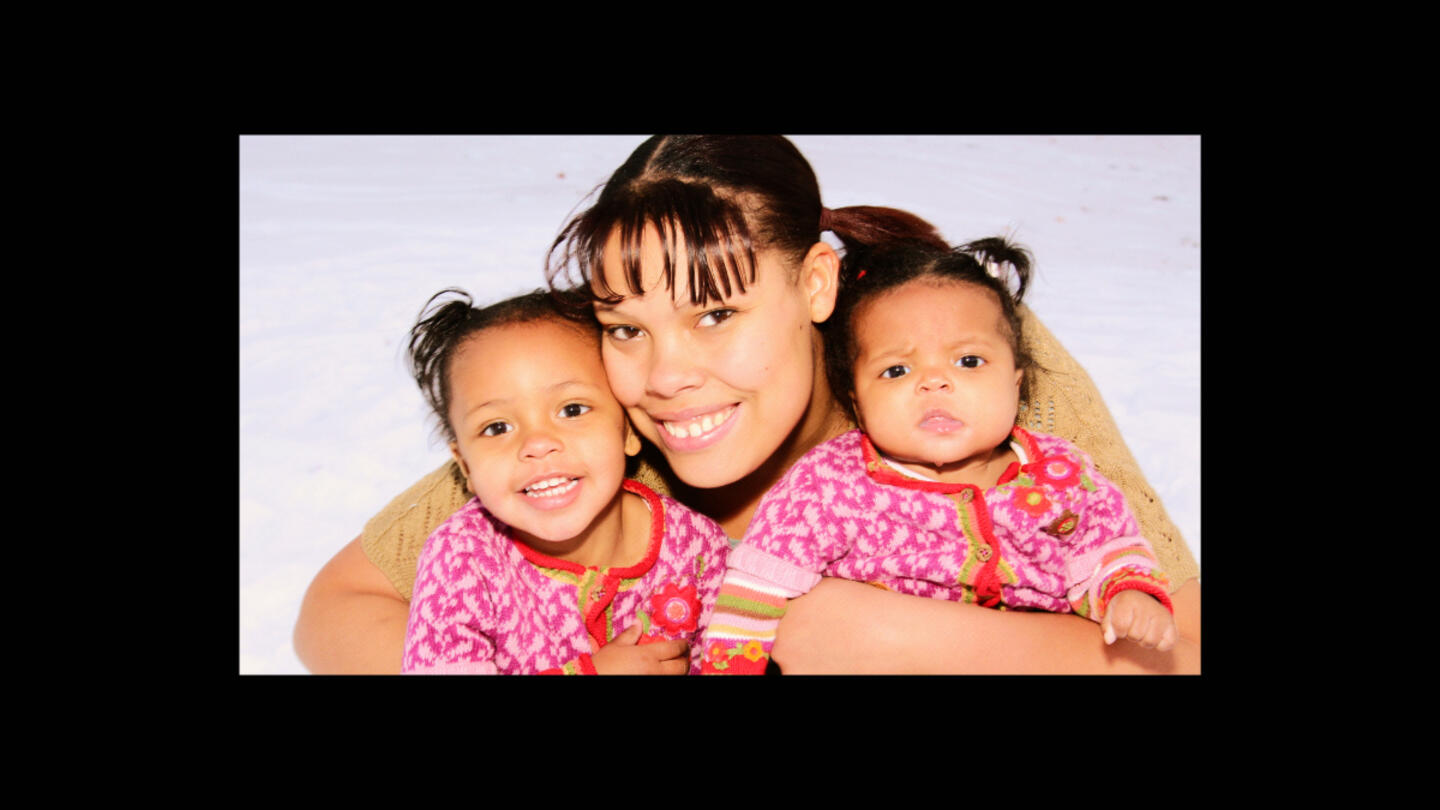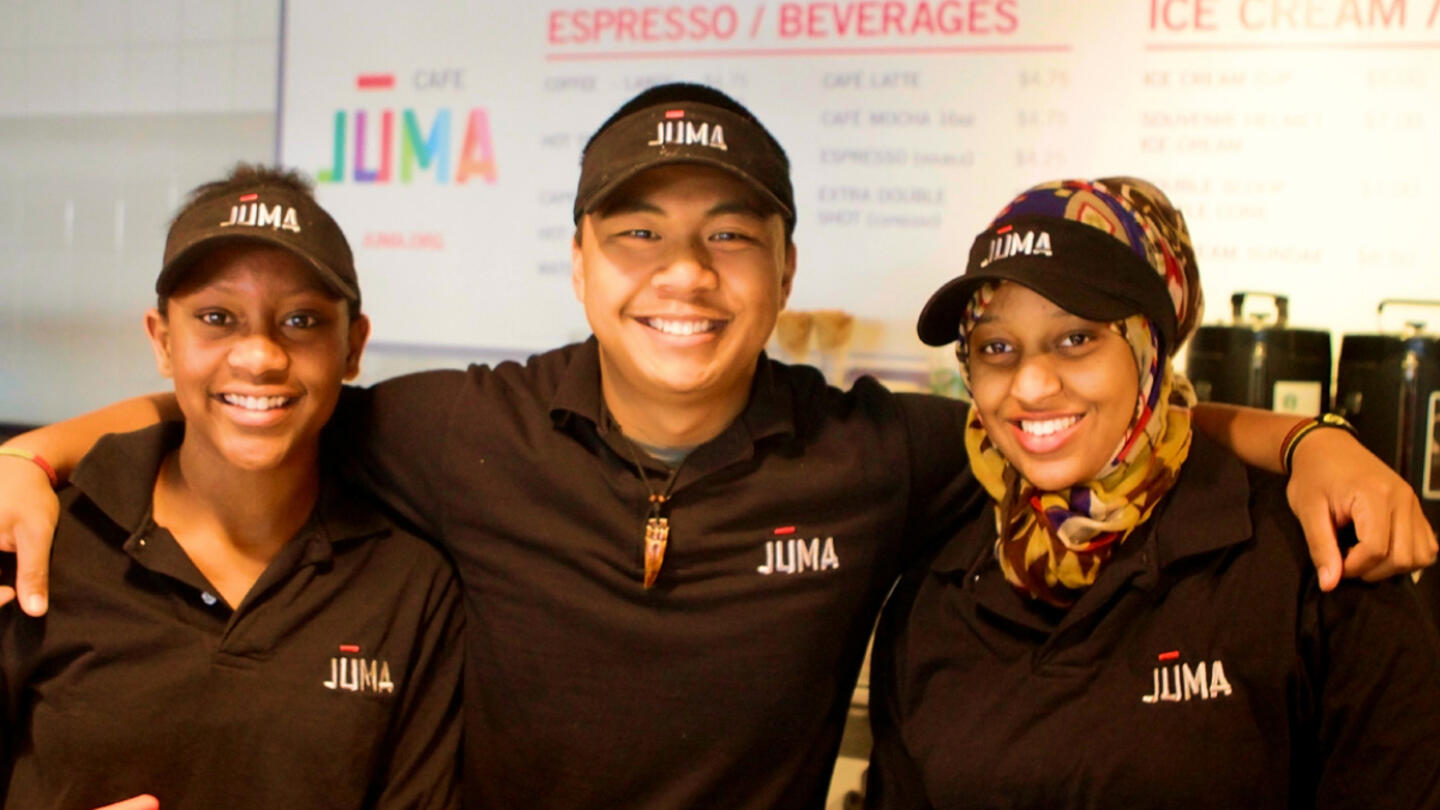Do you want a healthy outcome to a contentious conversation? Or do you just want to win an argument? This is what author and educator Irshad Manji says you should ask yourself the next time you speak with someone you disagree with.
In today's deeply polarized world, many debates seem to hinge on the latter. Manji has a plan to cultivate a healthier mindset to challenging conversations — one in which both sides can actually learn something.
Manji's 5-step formula is based on behavioral science. Humans constantly scan the environment for danger and quickly react to threats. Conversations aren't existential dangers, however, and so require a different skill set. Being proactive about how we converse takes work — the type Manji specializes in.
The New York City-based educator and writer spent years being purposefully combative on national media. Then she became interested in building bridges, not tearing them down. Her latest book, Don't Label Me: An Incredible Conversation for Divided Times, offers a blueprint for bridging divides and helping everyone take action together.
A 5-step formula to facilitate more productive disagreements
Labels, such as political parties, immediately trap people. According to Manji, labels close people off from honest dialogues. Staying confined to your "side" limits your understanding of other points of view. In reality, she says, no one is static.
"We are constantly evolving, regressing, evolving some more," Manji says. "The way to bring people together to actually solve nagging problems is to recognize that humanity, not exploit it — but in fact, relate to it."
Manji's plan is specifically designed to avoid defensiveness and dogmatic behavior. Manji's goal? To shift contentious conversations from "us vs. them" to "us and them vs. the problem."
1. Take a deep breath
This isn't an "airy fairy" practice. Decades of science have found that deep breathing triggers the parasympathetic nervous system, which has an immediate calming effect on your mind. Instead of being overwhelmed by anger or stress, you can process thoughts more clearly.
As Manji notes, we breathe shallowly when stressed. Depriving the brain of oxygen causes us to react emotionally. Deep breathing allows us to utilize the "more evolved prefrontal cortex, where cognition and emotion can co-exist."
2. Create common ground
Manji advises proactively creating common ground. How? Start by acknowledging that you're going to disagree with the other person. Then recognize that there's more to them than this one issue.
Manji believes that acknowledging someone's humanity positively kicks off a conversation – and, in turn, opens their minds to hearing what you have to say as well.
3. Ask a sincere question
Sincerity goes a long way in building bridges. Expressing curiosity admits vulnerability and opens a door to learning.
Manji recommends asking the other person what you're missing about their point of view. By asking someone to teach you, they might reciprocate. As Manji puts it, "You are modeling what it is to build the kind of culture that makes for inquiry rather than inquisition."
4. Listen
Once the question is asked, sit back and listen. Really listen. Manji says you can either listen to win or to learn.
Listening to win means poking holes in their argument the entire time. Don't try to manipulate the other person with "gotcha" questions. Listen to learn.
5. Ask another question
Manji's second question requires three simple words: "Tell me more."
She uses a story to highlight the power of this phrase. An activist was approached by a police officer at a town hall meeting on homelessness. The officer handed her a business card, telling her to contact him so they could work together. She replied belligerently. Then he said: "Tell me more."
The woman froze and accepted his card. She called a week later to apologize. She had only seen a uniform, not a human being. They then worked on a solution together.
Diversity without division is key to solving problems
Manji's goal isn't for people to set aside their differences and come together in some kind of mushy middle. Rather, it's to see that our differences, when listened to and respected, can be the grounds for productive conversations.
Progress is made when two people want to learn from one another. Manji says only you can know what you really want out of challenging conversations.
"What am I really in this for," she asks. "Am I in it to solve the problem? Or am I in it to feel morally superior? Only you can decide. Choose wisely."
Irshad Manji is supported by Stand Together Trust, which provides funding and strategic capabilities to innovators, scholars, and social entrepreneurs to develop new and better ways to tackle America's biggest problems.
Learn more about Stand Together's free speech and peace efforts here.




